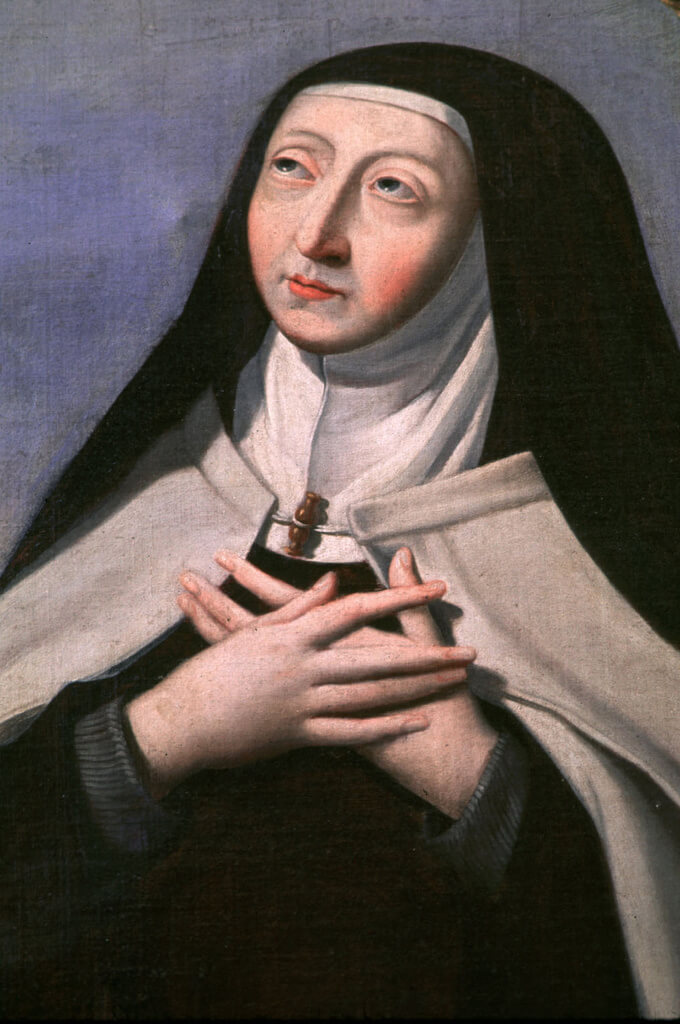
Bringing light to the darkness of who we are meant to be
Years ago, while visiting family in upstate New York, my husband thought it would be a great family outing to visit some wind caves. Unlike the small surface caves I would explore as a child with my dad, it would require descending to some real depths and dark places. I was hesitant but didn’t want to deny my sons the experience.
I remember holding on for dear life, to railings and other people, as we navigated deeper and deeper into the caves, eventually climbing into small boats that took us across underground waterways to the deepest, darkest part of the caverns. At one point the tour guide turned out all the lights. It was terrifying.
My husband loved it, but he comes from a family of coal miners. While the journey to the deep recesses of the cave was truly amazing, it was one of the most frightening things I ever did and, at times, I questioned the wisdom of my decision to even begin the trip.
I think that is how we sometimes feel when we decide to make the journey into self-discovery. When it gets scary, we question our decision. Sometimes we turn back.
As individuals who were created by God for a purpose, it is invaluable to examine the varied elements of our lives – our emotions, our beliefs, our wounds, even our possessions, and ask ourselves some very important questions.
In his apostolic exhortation, “Christus Vivit,” addressed “to young people and to the entire people of God,” Pope Francis enumerates those questions as, “Do I know myself, quite apart from my illusions and emotions? Do I know what brings joy or sorrow to my heart? What are my strengths and weaknesses? These questions immediately give rise to others: How can I serve people better and prove most helpful to our world and to the Church? What is my real place in this world? What can I offer to society?”
Living in today’s often frenetic and grasping culture, I would also add, “What am I holding on to and why? Is it a positive for me? How would letting go help make my life what it was meant to be?”
Understanding our motivation for our decisions, our action or inaction, requires some soul-searching — often a lot of soul-searching. But we cannot live our faith with intentionality if we don’t know who we are. Discovering our unique being and purpose requires discernment.
In Scripture, Job teaches about wisdom by drawing an analogy to the miner who puts an end to darkness by turning over mountains and cutting through rock, who hangs in darkness, away from human habitation, to mine the precious things of the earth – stones that reveal sapphires and dust which contains gold. “Hidden things they bring to light,” says Job.
We, too, must be miners of our spiritual lives, moving past the easy answers of living on the surface so we may uncover wisdom at every level of human existence. One of the nuggets we are likely to discover is the challenge to let go of all that does not serve us well. Another would be humility.
“Self-knowledge puts us on our knees, and it is very necessary for love,” shared St. Teresa of Calcutta. “For knowledge of God gives love, and knowledge of self gives humility.”
Among the saints the fruitful connection between self-knowledge and humility is well understood.
St. Teresa of Avila was one of these. In her masterpiece, “Interior Castle,” written just a few months before her death, this Doctor of the Church shared her mystical insight after spending a lifetime seeking unity with God.
She wrote, “Self- knowledge is so important that, even if you were raised right up to the heavens, I should like you never to relax your cultivation of it; so long as we are on this earth, nothing matters more to us than humility.”
—Mary Clifford Morrell is the author of “Things My Father Taught Me About Love,” and “Let Go and Live: Reclaiming your life by releasing your emotional clutter,” both available as ebooks on Amazon.com.

